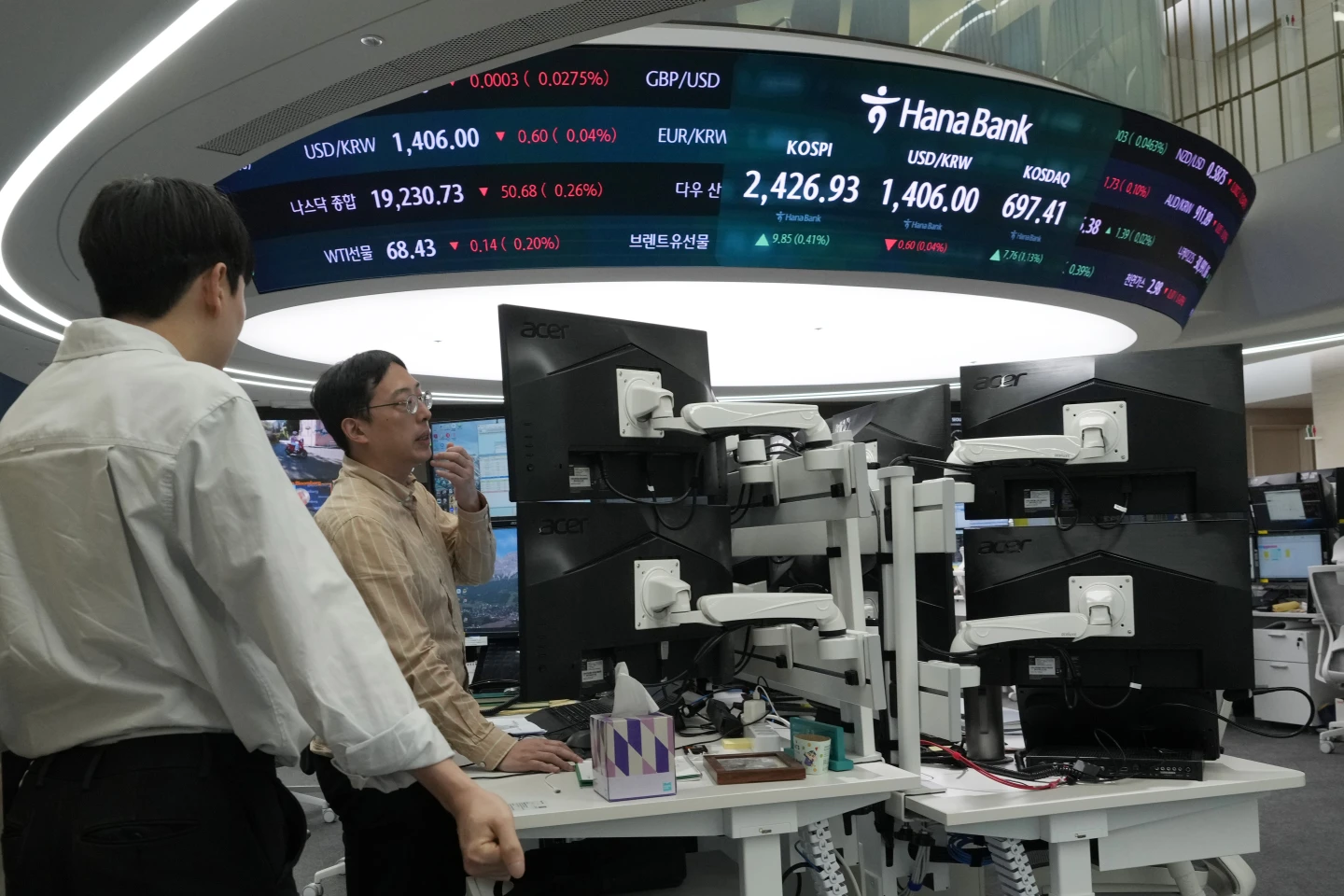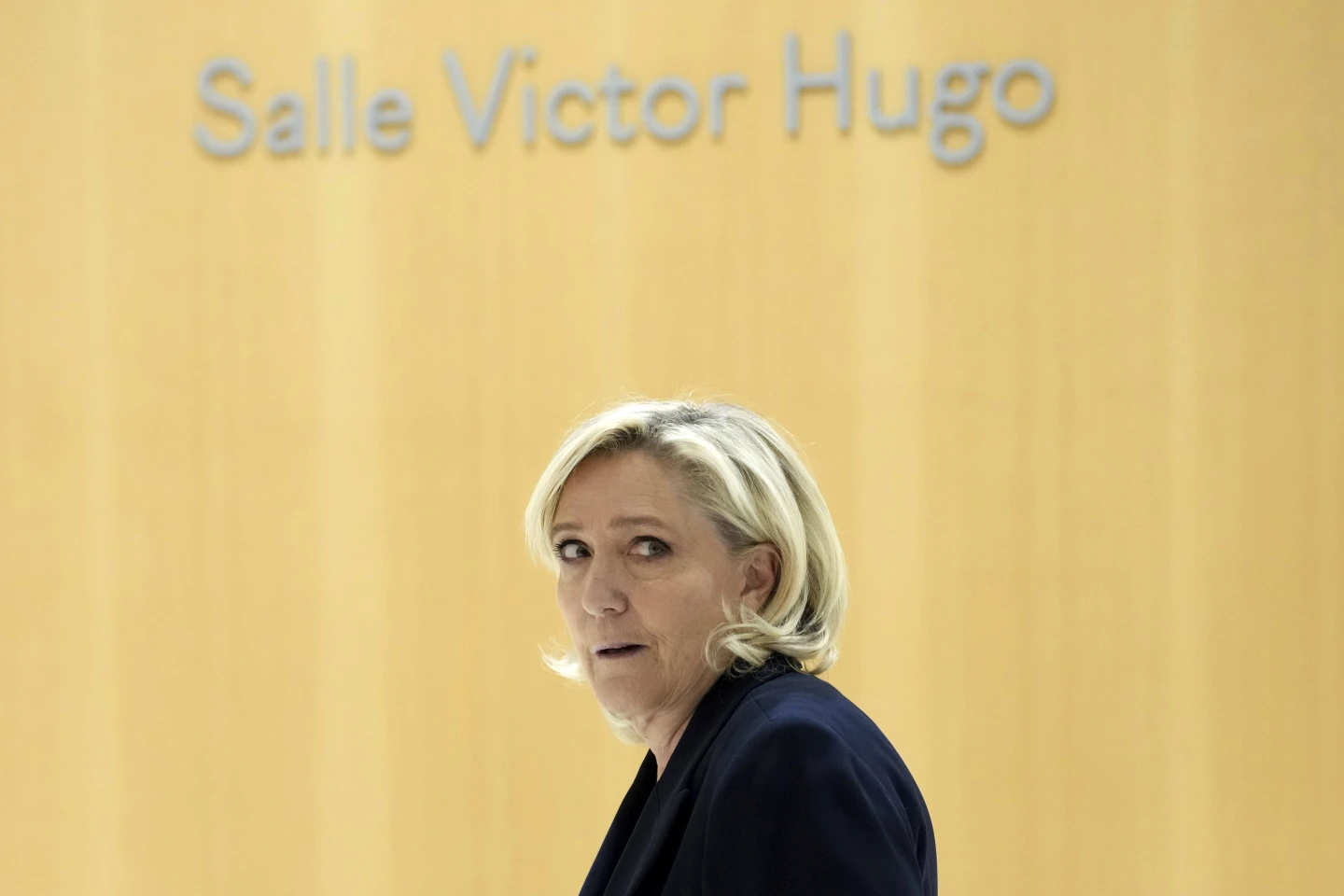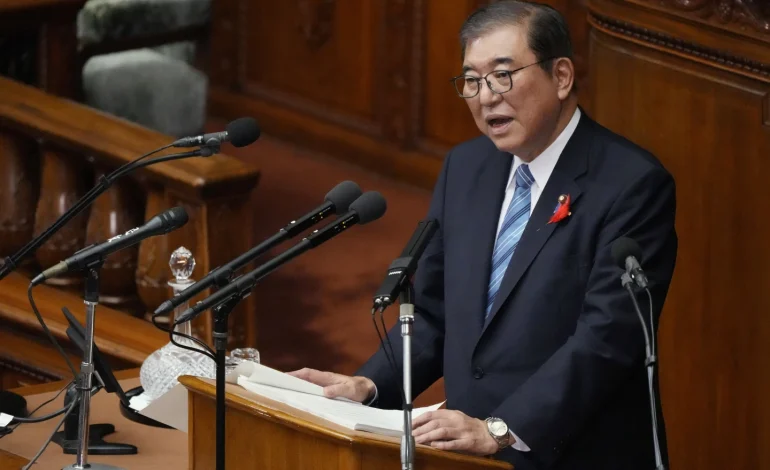Japan’s new Prime Minister Shigeru Ishiba opened his first policy speech Friday with a heartfelt apology for the slush fund scandal that plagued his predecessor, Fumio Kishida, The Associated Press reports.
Ishiba took office on Tuesday, tasked with repairing the Liberal Democratic Party’s (LDP) tarnished image and regaining public trust ahead of a crucial parliamentary election on October 27.
“I will achieve politics that is not for politicians but for the people,” Ishiba declared, pledging to provide transparent explanations and ensure lawmakers adhere to strict ethical guidelines.
He outlined five key policy pillars: security, economy, disaster resilience, regional revitalization, and social welfare.
Security: A Focus on Military Strength and Regional Ties
Ishiba stressed the need to bolster Japan’s defense capabilities in the face of growing threats from China, Russia, and North Korea. He cited recent violations of Japanese airspace by Chinese and Russian warplanes and North Korea’s escalating missile program as evidence of the worsening security environment.
While he did not mention his pre-election proposals for a more equitable Japan-U.S. security alliance and a NATO-like collective defense system in Asia, Ishiba reiterated his commitment to strengthening Japan’s military under the framework of the Japan-US security alliance.
He also pledged to build “stable and constructive” ties with China, promoting a “strategic, mutually beneficial relationship” and increasing communication at all levels. Ishiba further promised to strengthen Japan’s relations with South Korea and expand trilateral cooperation between Japan, South Korea, and the US.
Economic Policy: Growth, Distribution, and Energy
On the economic front, Ishiba promised sustainable salary increases that exceed inflation and pledged to promote investment to foster a “virtuous cycle of growth and distribution.” He also promised economic support for low-income households.
Despite previously advocating for a phase-out of nuclear power following the Fukushima disaster, Ishiba pledged to maximize the use of nuclear energy, while also pushing for geothermal and other renewable sources to meet the growing electricity needs of data centers in the age of artificial intelligence.
Challenges and Criticism
Ishiba’s approval ratings currently hover around 50%, a low starting point for a new leader. Opposition leaders have criticized his decision to rush an election after only offering a fresh face to the party without concrete policy changes.
The snap election, with only a few days for debate on Ishiba’s policies, raises concerns about a lack of scrutiny and potential for rushed decision-making.









